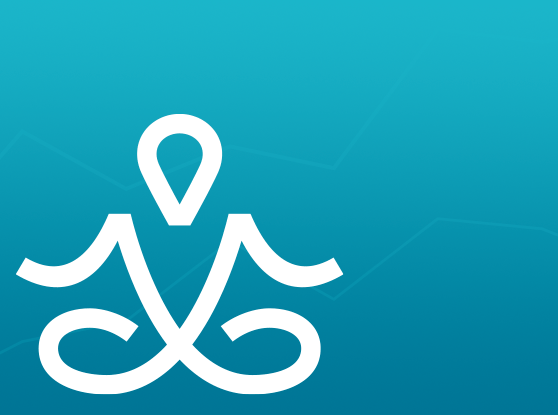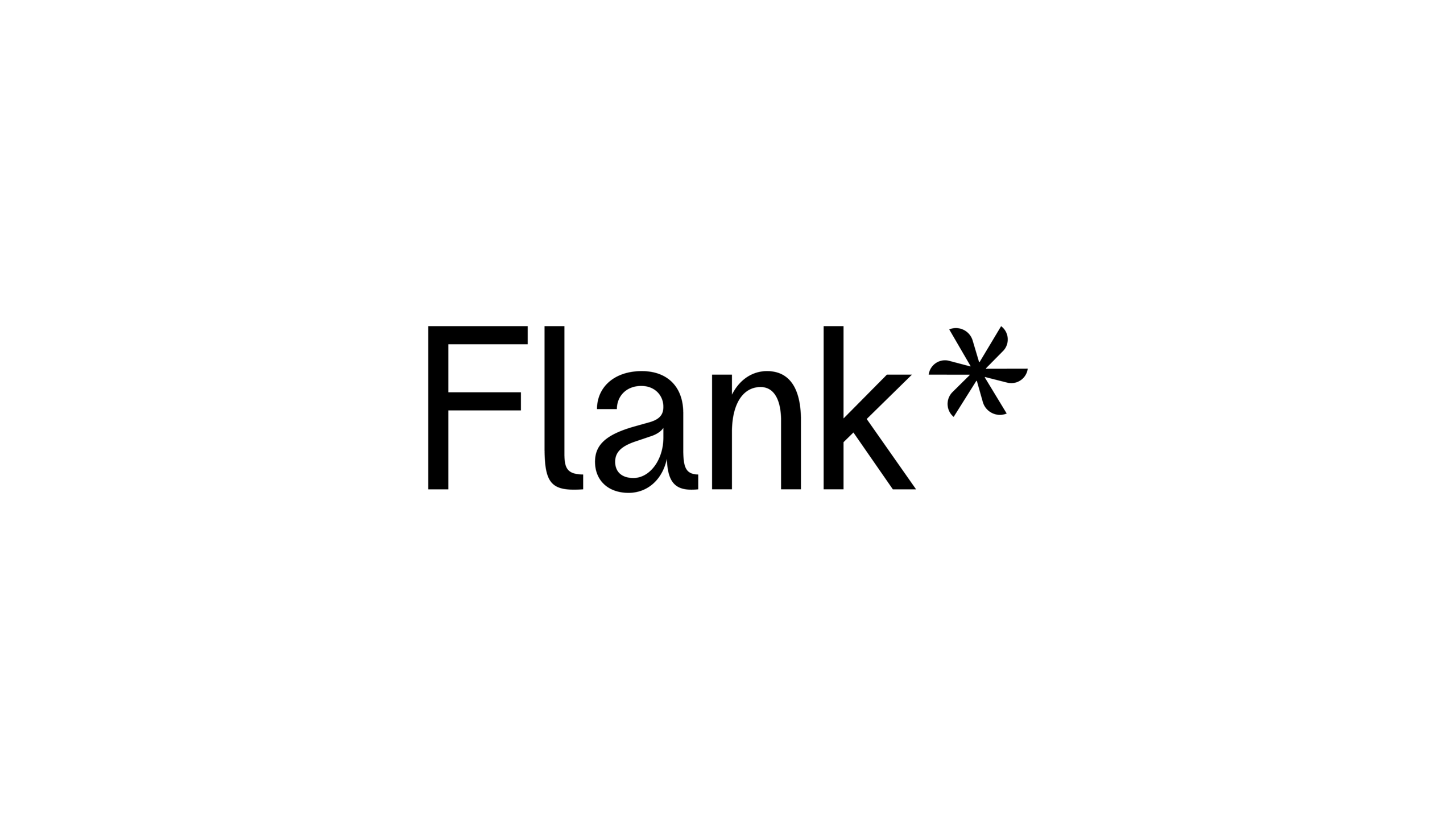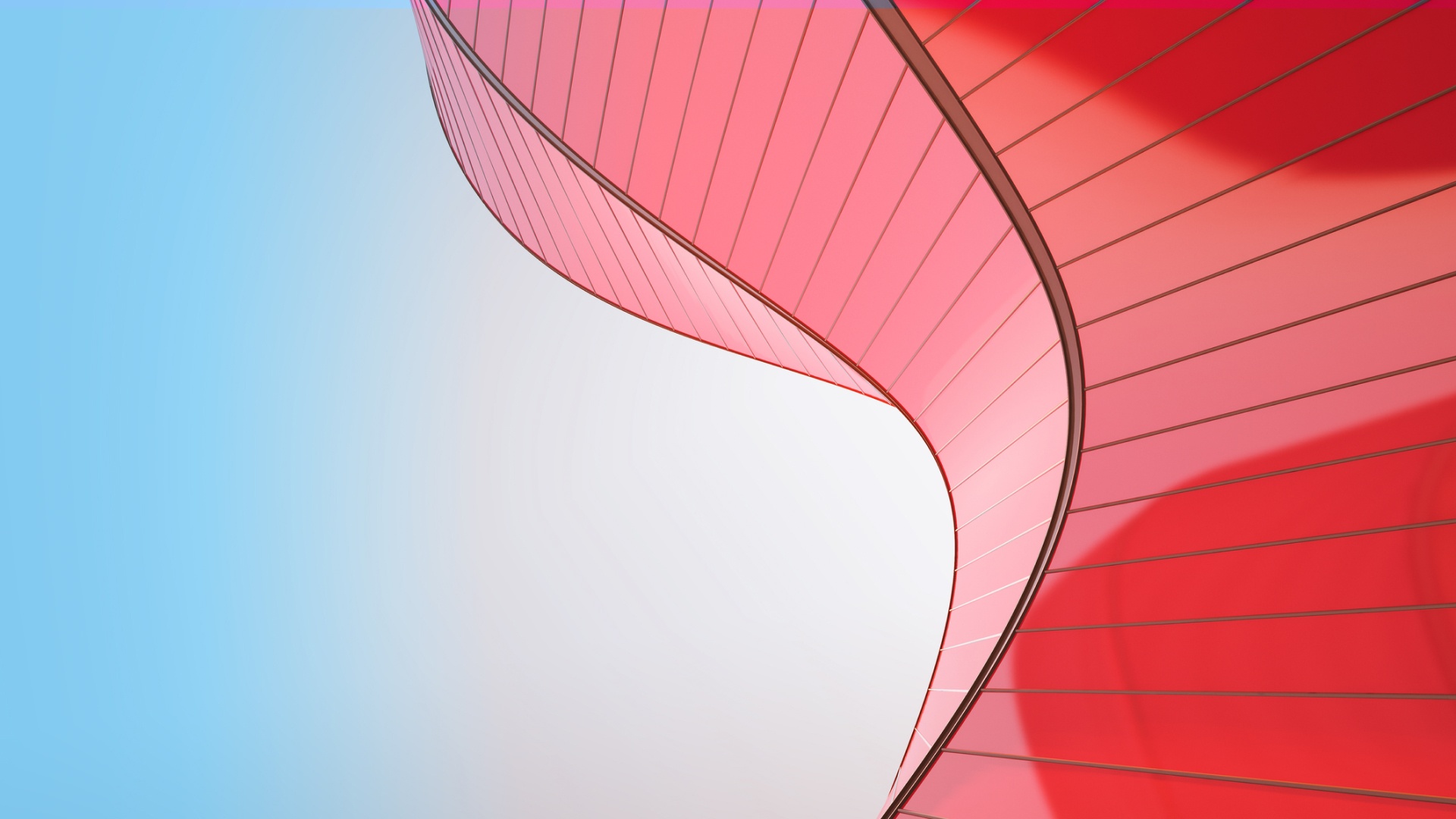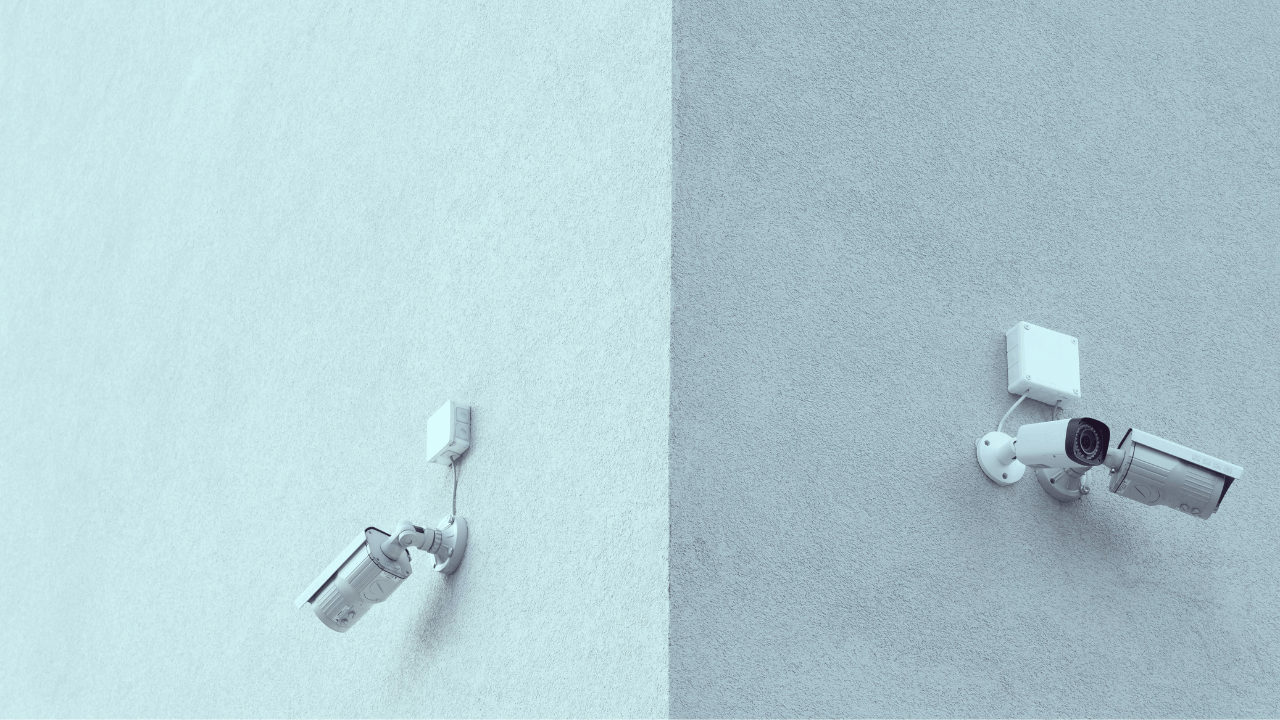Insight's Growth Gurus interview series showcases inspiring leaders from our portfolio of growth-stage software and internet companies. In this interview, we interviewed Michael Acton Smith, Co-founder and Co-CEO of Calm. The company was founded in 2011 in San Francisco and is now the world's largest mental health and wellness consumer app.
What were your entrepreneurial endeavors before Calm?
I’ve had many entrepreneurial adventures over the last few years -- some have worked well, and others have been disastrous failures.
One early example was the gaming company Hotbox. We owned the URL hotbox.co.uk., but in the late '90s, hotbox.com was one of the world's largest porn sites. It was quite embarrassing when my mum would tell all her friends to check out her son's new business. So, we changed the name to Firebox and the company is still running almost twenty years.
Another business that I built prior to Calm was Mind Candy, which was a treasure hunt around the world. It was creative, but commercially disastrous. We gave a $200,000 award for the first person that solves a number of clues that we buried online and offline. We pivoted to a kids’ online world called Moshi Monsters that grew to over eighty million global users. Then we focused offline by making a movie with Universal, a music album, and a lot more. That bulb burned brightly until it went dark, largely because the entertainment industry is hit-driven. One of the reasons that I love Calm is because it's not hit-driven. It's a product that we can bet on. As an entrepreneur, it’s key to have a strong foundation to lean into.
What was your inspiration for why you created a Calm?
Alex, my co-founder and co-CEO, and I knew there was something big around the idea of making the world calmer, but we didn’t know exactly what the business model would be and how we would execute.
An early positive signal was when Alex created a website called donothingfortwominutes.com. The site was just a picture of a beach. The user had to sit and stare at it for two minutes without touching the keyboard or moving their mouse. The fascinating thing was not many people could do it because we're always so busy. But for the people that could do it, we asked for their email address and we collected about a hundred thousand emails. So, it went super viral with millions of visitors within a very short period of time. The press picked up on it and we thought, “Wow! There's definitely something here.” That was the starting point.
After that, we realized that creating an app was going to be the primary way we would distribute the content. There's nothing quite like the distribution power and reach you get on the smartphone. Premium audio on mobile is an exciting area because it’s easier and cheaper than creating video. For many people, it's also easier to consume.
What were some early challenges that you and Alex faced when launching the app?
Hiring people in the early days is always a difficult task with a business. We found it hard to convince people to come and work on this project. I think it's much more obvious now that mental health, mindfulness, meditation and self-care have grown, and people get it—the penny has pretty much dropped. But back when we're starting, six or seven years ago, it was challenging to recruit. Our breakthrough was when Tamara Levitt emailed us out of the blue one day and said she would love to explore a partnership. Having her come on board was a massive step change.
Given the underpinnings of the business starting as a consumer platform, you subsequently expanded and developed some high-profile corporate partnerships. Could you talk about some of those and how they fit into the strategy?
One of the scrappy ways we love growing is through partnerships. Similar to many fast-growing companies, we don't want to be too reliant on paid marketing. We offered free Calm subscriptions on Uber Apps in London and collaborated with XpresSpa in over fifty airport locations in America. We had large content partnership with American Airlines that was based on shared value without money changing hands. Overall, it's just a great way of adding millions and millions of new users for effectively nothing.
How did Calm manage to differentiate against Headspace, the industry incumbent and better-capitalized company?
We have a lot of respect for Headspace, but we think this market is enormous. Seven and a half billion people go to sleep every night. The same number have a mind and are always looking to improve themselves. So, we think there's room for plenty of players.
I wish there was one silver bullet, but the reason that we have grown quickly ahead of competitors is largely due to the speed of execution. The team here is credible, efficient and nimble. Two years ago, we had a team of nine and now we have 65 who are incredibly focused on design, organic marketing and creating content.
Another element of our secret sauce is creativity and our openness to quirky and unusual things. We created an eight-hour film called “Ba Ba Land,” which features sheep walking around a field to promote our sleep stories. We turned the GDPR Legislation into a slick story because we thought it was a bit boring and could send people to sleep. We work with celebrities like Matthew McConaughey. If you out execute, move incredibly quickly and have a smart team, you can blow past the only leaders.
Do you think mindfulness is a fad and does it have longevity?
In the early and mid-stage of our growth, we received pushback from investors who felt that we couldn’t build a business where people would be willing to pay for this service. But we were always confident that the business was here to stay.
Mindfulness has existed for thousands of years. It's nothing new or complex. When you're mindful, you are more present and there’s a plethora of benefits. I can't imagine that being a momentary fad that people stop needing.
Think about physical fitness. Fifty years ago, jogging, aerobics, running and yoga wasn't really a thing. Then doctors and celebrities came out and started telling us how valuable it was. Fifty years on, there's a gym on every corner and Nike is $130 billion business. People get that. We think we're right at the start of the mental fitness revolution and we think multiple multimillion-dollar brands are going to be built in this arena.
Why did you ultimately decide to fundraise and what factors were most important to you in choosing which partners to work with?
When we raised our Series A round, we heard no endlessly. We had no choice but to make the business profitable, so we kept costs and hiring to a minimum. To keep the lights on, we had to do some scrappy deals because we couldn’t invest in paid marketing.
We were fortunate when we met Insight because you understood the big vision. I've raised a lot of capital in my life and I know how important it is to have chemistry with institutional investors. We also wanted to make a large announcement to the market that something big was happening here; Calm was doing well, had a big valuation and had money to spend. It helped enormously in changing the relationship with journalists, with marketing partners and with people that wanted to work in the company. This investment with Insight was a big growth step for us.
The company recently closed an $88 million investment at a billion-dollar evaluation from TPG. Congratulations on being the first unicorn billion-dollar business in consumer mental wellness. How do you plan to scale the company utilizing the investment from here?
We have a lot of big plans. I know the dangers when a business is well capitalized and chases too many shiny objects. Therefore, we talk a lot internally of all these exciting things we could do, but the sun at the center of that universe is the Calm app. We can never lose sight of that. If that starts to dim, everything else will start to fade. So that remains the absolute core, constantly tweaking, iterating and improving every single aspect of the user experience and growing our subscribers.
The four big engines of growth in 2019 begin with going international. We're going to be launching in four new languages. The second is B2B – there’s a massive enterprise opportunity and wellness of work is growing rapidly. Thirdly, is increased content. We have a lot of different ideas for content beyond just meditation, sleep, and Calm masterclasses. Finally, an unbounded category is physical. Could the Calm brand work in clothing? Could we have Calm hotels? Could we buy an island and create the most relaxing resort ever? How big could this be? We think the answer is huge.
As long as we don't take our eye off what's important and the digital engine powering everything, I think we can build a multi, multi-billion-dollar global brand, potentially one of the most valuable and meaningful brands of the 21st century.
What keeps you calm?
We do the “Daily Calm” as a team every morning for ten minutes, which is a great way of starting the day. I love building businesses and I could spend eighteen hours a day thinking about them and reading about them and working on them, but I think it is important to step back and have just a little bit of perspective and balance every now and then. I love sports. I play tennis. I like running. I play soccer. I'm a big poker player. I think that's a fascinating skill that's very translatable to the world of entrepreneurship. I love movies, reading, documentaries, hanging out with my family and friends. So, a lot of the usual stuff. And my most calm place, whenever things get too much, is a little town called Marlow in Buckinghamshire on the River Thames, where I grew up. I’m a big fan of going back there to recharge my batteries.
What top advice would you give to aspiring, budding entrepreneurs out there?
If I had to say one thing, the biggest thing for me is reading and being a voracious researcher. It’s so important, particularly before starting a company, to do your homework.
Growth Gurus
Listen to other interviews with inspiring leaders from Insight Partners' portfolio!
LISTEN













